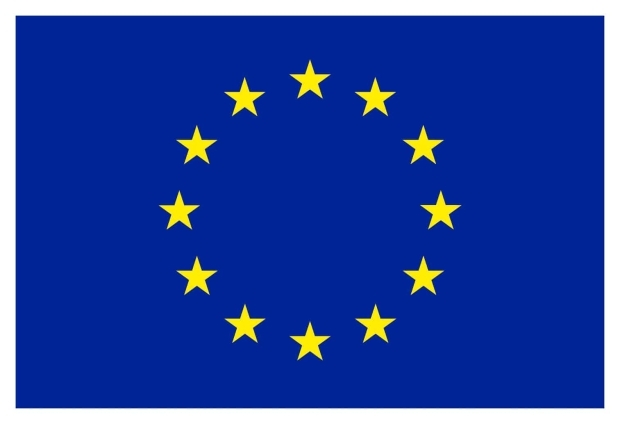Ribera, the European Commission’s executive vice-president, told the Financial Times that the bloc needed to be “courageous” in the face of pressure from Washington.
“We may be kind, polite, try to find ways to solve problems and discrepancies but we cannot accept whatever [they demand]. We cannot be subject to the will of a third country.”
The remarks come only weeks after Brussels and Washington finalised a transatlantic agreement in Scotland. Ursula von der Leyen, president of the European Commission, hailed it at the time for offering “stability and predictability” in relations. Yet Trump has already threatened fresh tariffs and export controls against countries whose digital rules or taxes “discriminate” against US tech firms.
Ribera stressed that Europe’s sovereignty was non-negotiable, particularly when it came to enforcing its Digital Services Act and Digital Markets Act.
“If there is this attempt to reopen things, of course the question is: ‘OK, there is no [trade] agreement then?’ We cannot play with our values just to accommodate the concerns of others,” she said.
She pointed out that Brussels had been “nice” in its approach during negotiations in an effort to rebuild trust, but added that if Trump tried to strong-arm the EU into weakening oversight of Big Tech, the bloc would hold firm.
“Of course we have to stick to the clear messages and limits that we tried to reflect since the very beginning,” Ribera said.
Her intervention lands as Brussels weighs multiple probes into US tech heavyweights, including Elon Musk’s X, Job’s Mob, and Facebook-owner Meta. Ribera insisted these investigations would proceed regardless of Trump’s rhetoric.
“American tech companies are making great profits out of this market, but they are subject to the same laws and regulations than any other player, independently of where their headquarters are based,” she said.
On Thursday, Brussels began lowering tariffs on a range of US imports, including cars and industrial goods, as part of the trade pact. However, both member states and the European Parliament still need to sign off on the commitments. If Washington hits Europe with new tariffs, Brussels has kept the option open to reverse course.
Ribera cast doubt on the practicality of Europe’s promise to spend hundreds of billions on US energy and defence products, pointing out that the European Commission does not procure such goods.




